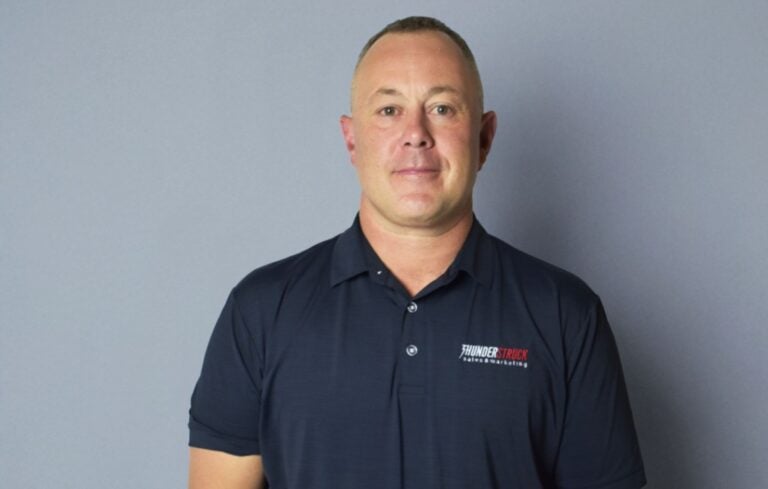Last fall you could almost feel the shudder passing through boardrooms. A federal judge in California refused to dismiss lawsuits against 15 present and former directors of Wells Fargo & Co. over its massive fake-account scandal. “It is implausible the Director Defendants were unaware of the account-creation scheme given the extent of the alleged fraud and the number of red flags,” U.S. District Judge Jon Tigar wrote.
Tigar’s decision to allow plaintiffs to sue directors was a chilling reminder that executives
aren’t the only ones who can be held accountable. In rare circumstances—which may become less rare if his ruling stands— directors can be found liable for failing to heed obvious signs of trouble.
For more than two decades, directors took comfort in a Delaware Supreme Court decision involving a bribery scandal at prescription-benefit company Caremark. In the early 1990s, shareholders hit Caremark with a so-called derivative lawsuit on behalf of the corporation itself, seeking damages from officers and directors.
The Caremark decision left a narrow opening for lawyers to sue directors personally over misconduct. If the board failed to make sure reporting systems were sufficient to detect serious misconduct, then maybe, just maybe, they could be liable for the resulting damages.
“The Caremark decision left a narrow opening for lawyers to sue directors personally over misconduct.”
“If you’re really that insidiously cavalier and willfully ignorant about what you’re supposed to be doing, yeah, it can be a breach of duty,” said Lawrence Hamermesh, professor of corporate law at Widener University’s Delaware Law School.
Directors of Massey Energy learned this in 2011 when Delaware Judge Leo Strine Jr. said
that they may have violated their duties by overlooking a long record of safety violations
and CEO Don Blankenship’s public taunts of the Obama administration’s mining-safety
regulators. Massey Energy pled guilty to criminal violations of safety laws and established
a safety committee to settle a derivative suit in 2008 after a 2006 fire that killed two coal miners. Yet, the company racked up a record 10,653 citations in 2009 in addition to an explosion at its Upper Big Branch mine that killed 29 in 2010.
“Delaware law does not charter law breakers,” Strine wrote in the Massey decision. “As a result, a fiduciary of a Delaware corporation cannot be loyal to a Delaware corporation by knowingly causing it to seek profit by violating the law.”
Where does Wells Fargo fall between Caremark and Massey Energy?
“It’s all about red flags,” Hamermesh said. “What kind of notice is enough to persuade a court a director could be held liable in retrospect?”
The plaintiffs in Wells Fargo will point to whistleblower complaints and an article in The Los Angeles Times that basically outlined the fraudulent scheme. Directors will point to an independent investigation by lawyers at Shearman & Sterling that concluded the board was misled by managers and responded forcefully once it discovered the magnitude of the problem.
Under the old rules before Caremark, courts generally held directors had “no duty to install and operate a corporate system of espionage to ferret out wrongdoing which they have no reason to suspect exists.” Caremark changed that in a subtle but important way: Now they have to make sure internal detectives are on the beat. And if they don’t hear anything? Then they need to ask again.







